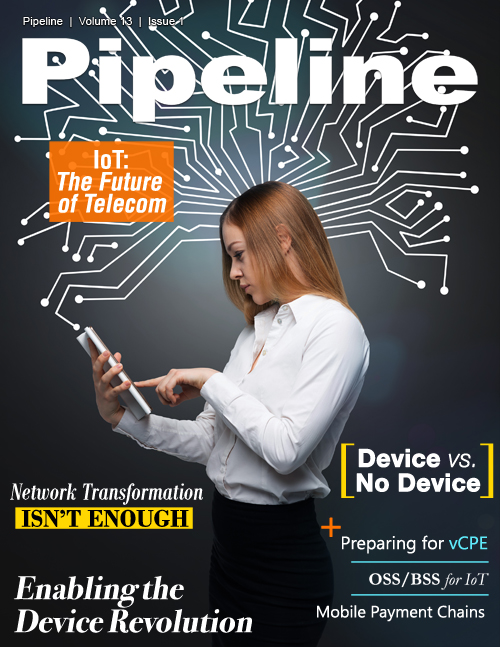OSS/BSS Considerations for the Internet of Things
Thanks to smart revenue sharing, there is individual automatic revenue allocation for each loading endpoint and partner. All the stakeholders across the hierarchy of agreements within this charging station example can participate in the transactions, can earn revenue, and are motivated to support, promote and grow the offering.
The relationship between the charging stations and end users is controlled by a smartphone application, ensuring fast registration and complete transparency.
Video content use case
In this case study, the service provider wanted to offer innovative content services combining Video on Demand (VoD) and M2M communications. By implementing a smart revenue sharing solution, the provider is able to bill effectively for its content and provide a superior experience to its customers. It implemented charging, billing, customer and partner management platforms which enabled it to develop new revenue opportunities via enhanced customer service and support.
The smart revenue solution is integrated within a large number of external, third-party systems, including network management, online and offline payment systems and others. Using partner management, the service provider is able to manage its relationships with its content providers and distribution partners.
The service provider can register and on-board new content or distribution partners instantly, and personalize revenue sharing models in a highly-complex value chain involving numerous partners, allowing new services, bundles and promotions to be rolled out immediately, without involving long and costly integration projects.
Facing tomorrow’s IoT challenges today
Deploying a smart revenue sharing-enabled billing solution ensures that marketing plans can be easily and rapidly configured; that flexible service plans based on parameters such as transactions frequency, devices, time of day, location, applications or data usage can be created; and that unlimited policy and charging rules can create on-the-fly micro-segmented strategies.
With broad support for partners in a complex value chain, there is no limit to the number of organizations or the interconnection agreements and settlements involved. With such a solution at their fingertips, today’s IoT providers are more than equipped to meet the challenges of tomorrow. Smart revenue sharing allows the IoT industry to not only charge for connectivity and for basic services, but to be able to implement appropriate billing models for the services themselves and resolve issues around the complex relationships and hierarchies that are inherent in the sector, thereby truly monetizing IoT.
-
Washington Post, “Cisco CEO at CES 2014: Internet of Things is a $19 trillion opportunity”, January 2014 - PSFK, “A Brief History Of The Internet Of Things”, March 2014 

- Capgemini Consulting, “The Internet of Things: Are Organizations Ready for a Multi-trillion Dollar Prize?”, 2014



















